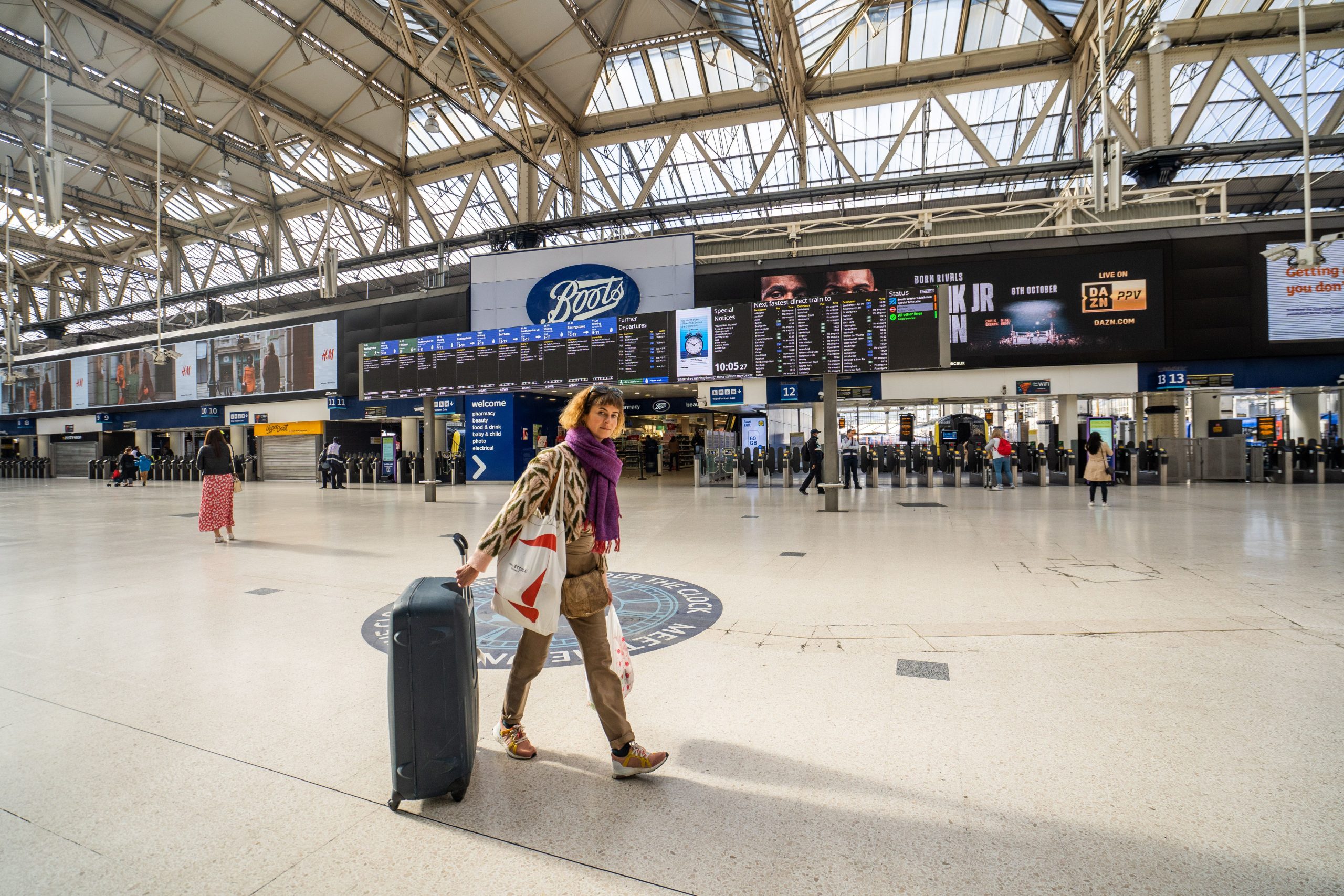Strikes across many of London’s railways have affected the journeys of thousands of students and staff trying to get to Kingston University this week.
Aslef and TSSA union members at 13 railway companies across the country were involved in the strikes on Wednesday 5, causing disruption on Southeastern and calling a halt on all London Overground lines.
Passengers have been advised to “only travel if absolutely necessary” on strike days.
Kingston University second-year student Hamada Omer, a regular commuter said: “This statement is very patronising. They are striking on a Wednesday. Every journey is absolutely necessary.”
He then added that although the situation is frustrating for students and travellers he “[understood] where they’re coming from”.
More strikes are scheduled for Saturday October 8 and are expected to affect all national rail services including Southwestern Railway.
Saturday will mark the third major strike in October alone, just eight days into the month and follows a number of tube and train strikes that have been happening throughout 2022.
Why are they striking?
There are four unions that have been involved in industrial action this year, Aslef, the RMT, TSSA and Unite which represent a range of railway workers.
Railway drivers have been faced with a pay freeze for the last few years, as well as, job cuts following the pandemic.
With the cost of living increasing, they feel as though they are in a dire situation and action must be taken as soon as possible for them to get what they feel they deserve.
The general secretary of Aslef, Mick Whelan, broke down the issue to PA news: “They are telling train drivers to take a real-terms pay cut. With inflation now running at 12.3%, they are saying that drivers who have not had an increase for three years should be prepared to work just as hard, for just as long, for considerably less.”
With little government action being taken to resolve the issue, we can expect more strikes to take place throughout the year, and for students that commute daily, check regularly to see if your journey is affected.
For more information visit the National Rail Enquiries website.

